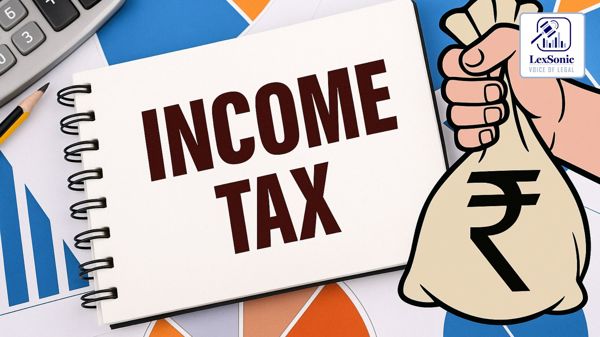Reassessment Under Scrutiny: Court Upholds the Need for Tangible Evidence in Tax Cases.
23 January 2024
Income Tax >> Tax Laws
In recent judicial proceedings of Bajaj Energy Limited v/s Assistant Commissioner of Income Tax, Circle 3(1)(1), Mumbai & Others, a petition was filed challenging the reopening of an assessment under the Income Tax Act, 1961, by the Assistant Commissioner of Income Tax (AO) for the Assessment Year 2016-17. The petitioner, a company engaged in the business of power generation, contested the legality of the notice issued under Section 148 of the Income Tax Act, which sought to reassess its income on the grounds of alleged escapement of tax. The case revolves around whether the reopening was based on legitimate grounds or merely a change of opinion, which the law prohibits.
Factual Background:
The petitioner, a registered company, filed its return of income for the AY 2016-17 in September 2016, declaring an income of approximately Rs. 124 crores. Following the submission, the Assessing Officer (AO) conducted scrutiny assessments, issued several queries, and eventually passed an assessment order in July 2018 after reviewing the petitioner’s responses. However, in March 2021, the AO issued a notice under Section 148 of the Income Tax Act, stating that income had escaped assessment. The petitioner objected to the notice, claiming that the reassessment was based on previously provided information and did not present any new tangible material to justify the reopening.

Petitioner's Objections:
The petitioner raised several objections to the reopening of the assessment, which included:
No New Information: The petitioner argued that all relevant details and documents had been provided during the original assessment process and that the reassessment was based on a mere change of opinion, which is impermissible under law.
Reopening Based on Same Material: It was emphasized that the AO had already examined and accepted the petitioner's claims, especially regarding the disallowance of expenses under Section 14A. Thus, reopening the case using the same material was a review, not reassessment.
Improper Jurisdiction: The petitioner also contested the legality of the notice issued by the AO, stating that it was not digitally signed and lacked proper sanction from the appropriate authorities.
Revenue's Defense:
The revenue, represented by the Assistant Commissioner of Income Tax, justified the reassessment on the grounds that the petitioner had made investments from a common pool of funds, which involved common administrative expenses. The AO argued that disallowance under Section 14A and Rule 8D was applicable. The revenue further claimed that an audit objection raised by the Revenue Audit Party prompted the AO to reassess the income.
Legal Precedents and Jurisprudence:
Several key legal principles were invoked during the proceedings, highlighting that reopening an assessment based on a mere change of opinion is not permissible. The Supreme Court in Kelvinator of India Limited v. CIT (2010) clarified that the reopening of an assessment should not be based on the same material unless there is tangible new evidence indicating income has escaped assessment.
Similarly, in Aroni Commercials Limited v. The Deputy Commissioner of Income Tax, the Bombay High Court ruled that if an issue had already been considered and addressed during the original assessment, reopening the case on the same facts amounted to a change of opinion, which is not allowed under Section 147.
Judgment:
The Court ruled in favor of the petitioner, holding that the reopening of the assessment was based on a mere change of opinion and did not meet the legal requirements of having tangible material to justify the reassessment. The Court emphasized that once a query has been raised and responded to during the original assessment, it cannot be revisited on the same facts unless new evidence comes to light.
The reopening of the assessment was deemed to be legally untenable, and the Court issued a writ of certiorari to quash the notice issued under Section 148 of the Income Tax Act, as well as the order rejecting the petitioner’s objections.
Conclusion:
This case reinforces the legal principle that reopening of assessments under the Income Tax Act must be based on tangible material, not on a mere review or change of opinion by the Assessing Officer. The decision serves as a crucial reminder for tax authorities to adhere to procedural fairness and the statutory limits on reassessment. It also highlights the importance of maintaining transparency and consistency in tax assessments, ensuring that taxpayers are not subjected to arbitrary or unnecessary reviews of settled matters.
